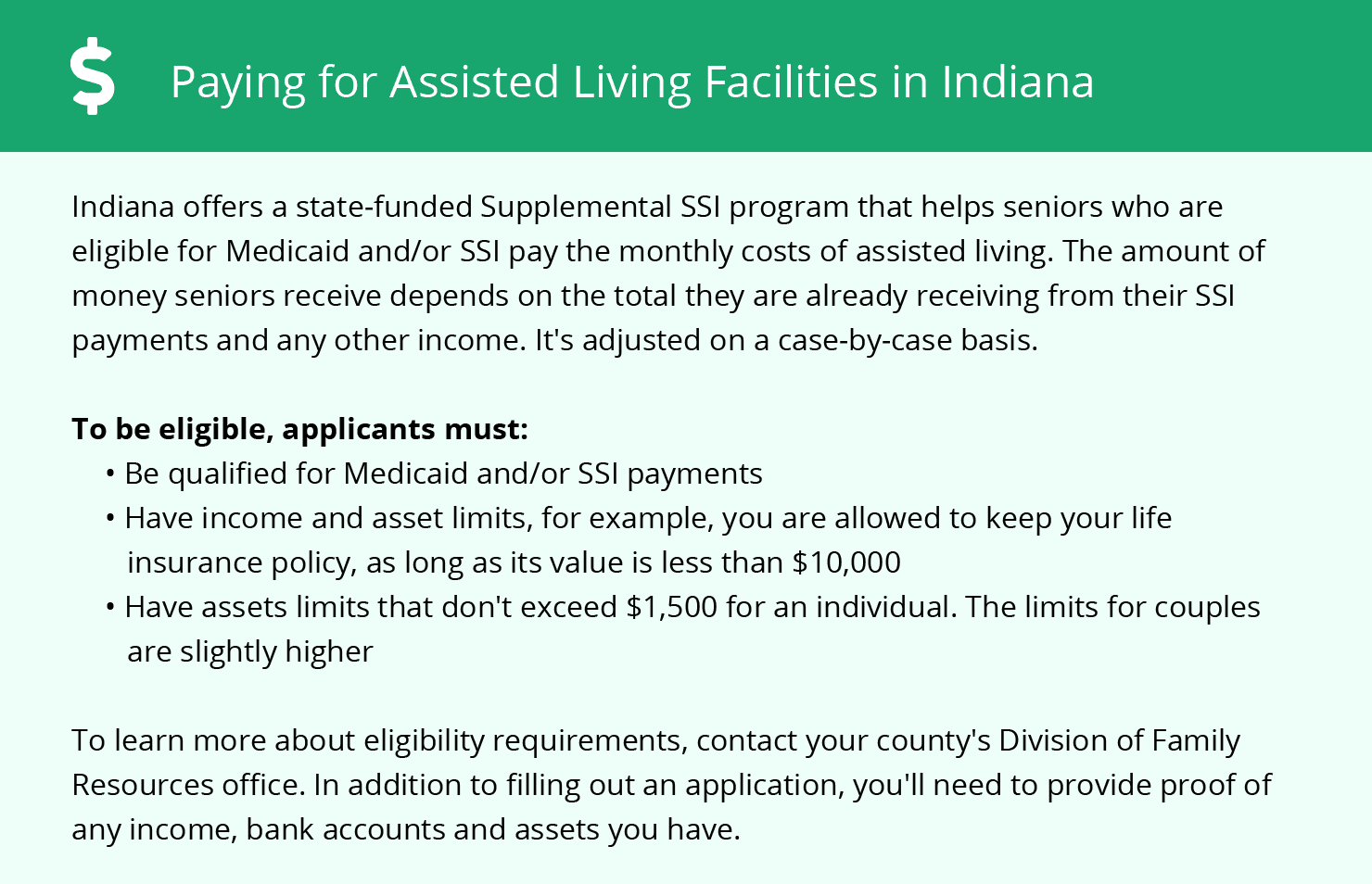The Legends Village
1764 Troy Road, Washington, IN, 47501
4.8
(4 reviews)
"We loved The Legends Village. The facility was very welcoming, and my mom has a little apartment with a separate bedroom, bathroom, a little sitting area, and a microwave and refrigerator in a small area. They give her medication and walk her to her ..."
READ MORE















